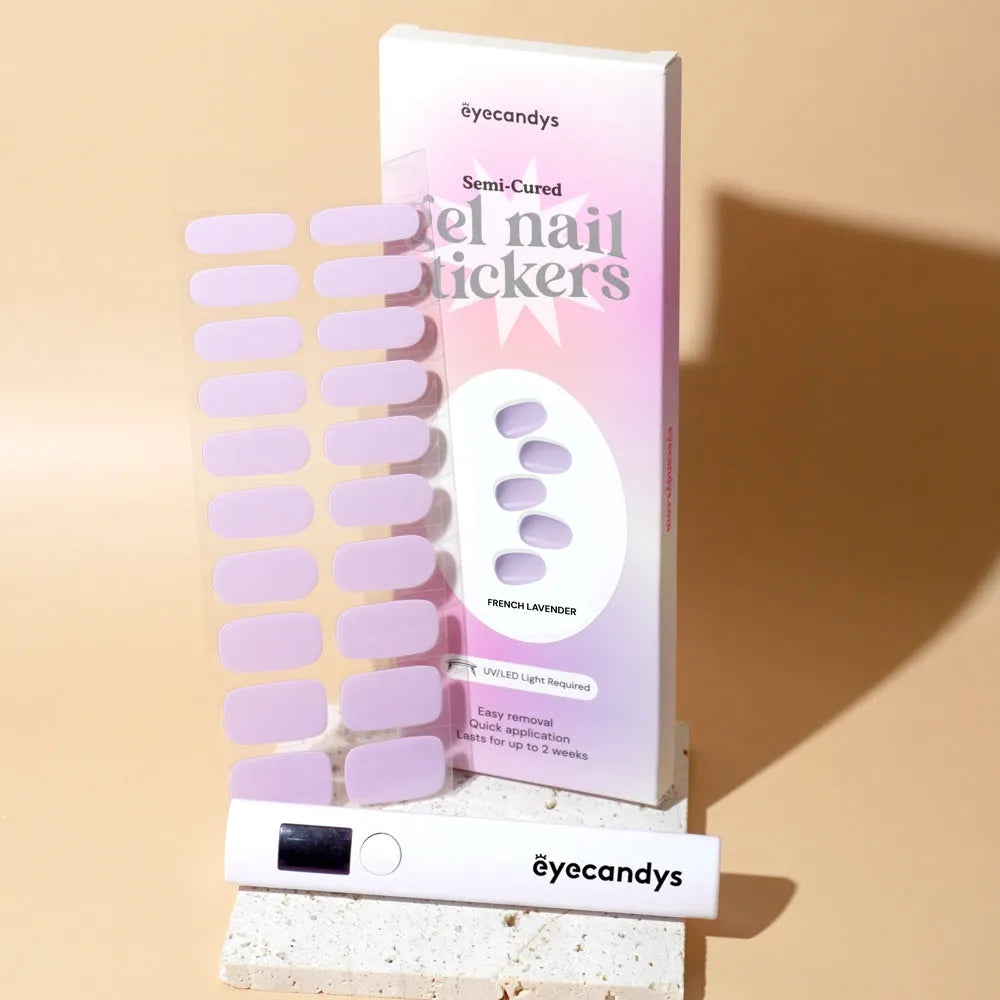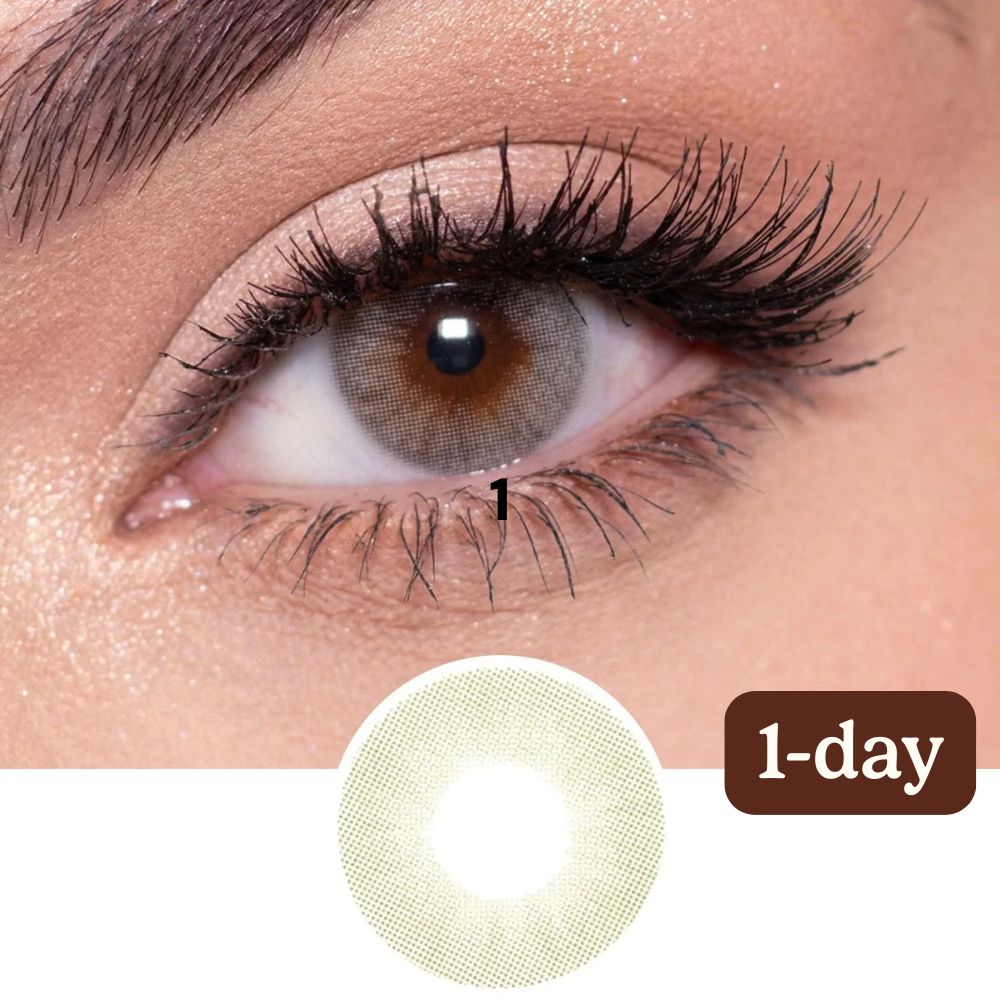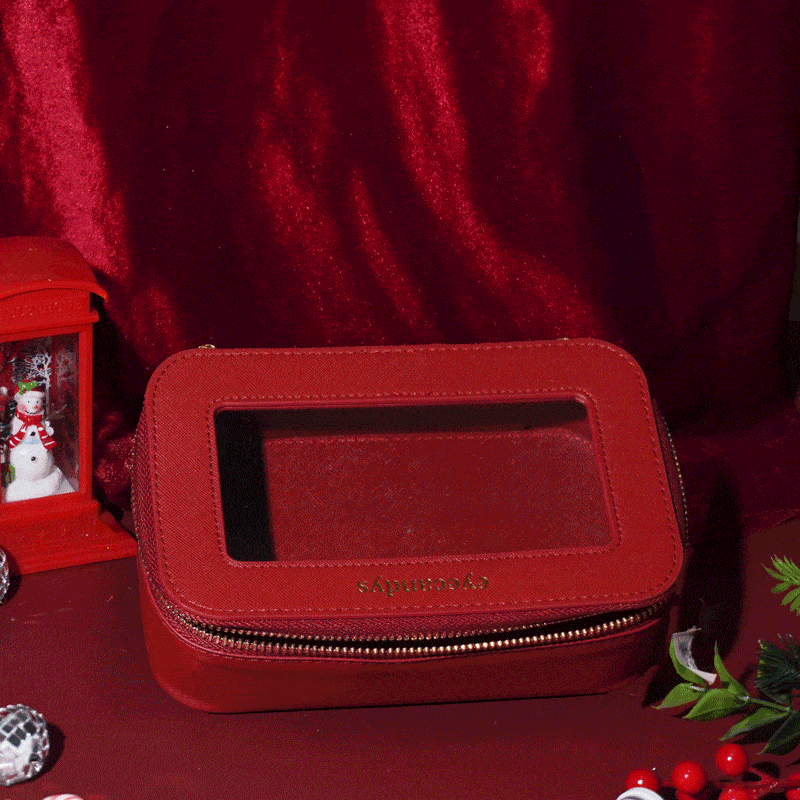Proper cleaning and disinfection of cosmetic contact lenses are crucial for maintaining eye health and comfort. This comprehensive guide will help you understand the various cleaning solutions available and how to use them effectively to keep your lenses safe and your eyes healthy.
Introduction
If you want to avoid the hassles of cleaning and caring for cosmetic contact lenses, daily disposables may be the best option for you. However, if you find daily disposables too expensive, you'll have to learn how to care for your contacts properly. Among the most important things you should know are the different cleaning and disinfection products for your contacts.
Types of Cleaning and Disinfection Products
Saline Solution
This solution is used to rinse your lenses after cleaning, just before you put them in your eyes. Remember that this is generally just for rinsing and is not advisable as a disinfectant or a storage solution.
Usage Tips:
-
Always rinse your lenses with saline solution after cleaning them with a daily cleaner.
-
Do not use saline solution as a disinfectant or for storing lenses.
Daily Cleaner
As the name suggests, this solution is used to clean your contacts daily. Typically, you place a few drops on each lens and rub gently for about 20 seconds before rinsing. You must be very careful when rubbing the lens if you have long fingernails.
Usage Tips:
-
Use daily cleaner every time you remove your lenses.
-
Rinse the lenses thoroughly with saline solution after using the daily cleaner.
Multipurpose Solution
As the name suggests, this solution can be used for several purposes, namely rinsing, disinfecting, cleaning, and storing your contact lenses. Many lens users prefer to use it solely for cleaning, disinfection and storage and instead opt for saline solution for rinsing.
Usage Tips:
-
Follow the instructions on the bottle for cleaning, rinsing, and storing your lenses.
-
Always use fresh solution and never top off old solution in the lens case.
Hydrogen Peroxide Solution
This solution is used to disinfect your lenses. You can get it as a "one-step" or "two-step" system. In the "one-step" system, the solution comes with a special case containing a catalyzing disk. When you soak your contacts in the solution, the hydrogen peroxide gradually decomposes so it can no longer irritate your eyes when you finally wear the lens after a minimum of six hours of disinfection. In a "two-step" system, there is a "Step 2" solution that's used to neutralize the lens after you take it out of the hydrogen peroxide solution. Most people use the "one-step" system, particularly those with very sensitive eyes that easily become irritated.
Usage Tips:
-
Only use the special case that comes with the hydrogen peroxide solution.
-
Do not rinse lenses with hydrogen peroxide before inserting them into your eyes.
Enzymatic Cleaner
This solution is used to wash off the protein from cosmetic contact lenses. It is typically in tablet form and used on a weekly basis. The reason for using this weekly cleaner is that daily cleaners generally cannot completely prevent protein deposits, which increases the risk of eye damage.
Usage Tips:
-
Use enzymatic cleaners once a week or as directed by your eye care professional.
-
Rinse the lenses thoroughly with saline solution after using enzymatic cleaners.
Safety Tips for Wearing Circle Lenses
While circle lenses can be a safe and enjoyable way to change up your appearance, there are some important safety tips to keep in mind:
-
Buy from Reputable Sources: Ensure that you are getting high-quality lenses that are safe for your eyes.
-
Check Expiration Dates: Always check the expiration date on your circle lenses before using them.
-
Clean and Disinfect: Clean and disinfect your circle lenses before each use to remove any bacteria or debris.
-
Limit Wear Time: Never wear your circle lenses for longer than the recommended duration to prevent dry eyes, irritation, and potential cornea damage.
-
Avoid Sharing: Do not share your circle lenses with others to prevent spreading bacteria and infection.
-
Avoid During Infections: Avoid wearing circle lenses if you have any eye infections or injuries.
-
Stop If Discomfort Occurs: If you experience any pain, discomfort, or vision changes while wearing circle lenses, stop wearing them immediately and see your eye doctor.
-
Follow Doctor's Instructions: Be sure to follow the instructions provided by your eye doctor when wearing circle lenses.
Common Mistakes to Avoid
Avoid these common mistakes to ensure your eye health and lens longevity:
-
Using Tap Water: Never use tap water or saliva to clean your lenses, as they can introduce harmful microorganisms.
-
Ignoring Expiry Dates: Do not use lenses past their expiry dates, as they can become brittle and uncomfortable.
-
Sleeping in Lenses: Avoid sleeping in lenses unless they are specifically designed for overnight wear.
Benefits of Proper Lens Care
Proper care and cleaning of your contact lenses offer several benefits:
- Prevents Infections: Regular cleaning removes harmful bacteria and debris.
- Maintains Comfort: Clean lenses are more comfortable to wear and reduce the risk of irritation.
- Ensures Clear Vision: Regular maintenance ensures your lenses remain clear and effective for vision correction.
Consultation with Eye Care Professionals
Importance of Consultation
Before purchasing cosmetic contact lenses, consult with an eye care professional to ensure they are safe for you to wear.
Getting a Valid Prescription
Obtain a valid prescription to ensure your lenses fit properly and comfortably. Your eye care professional can also provide recommendations based on your eye health.
Ensuring Comfort and Safety
Make sure the lenses you choose are comfortable and safe for daily wear. Follow proper hygiene practices to avoid any eye infections or discomfort.
If you truly want to maximize your enjoyment of cosmetic contact lenses, you have to clean and care for them properly. Follow the instructions provided with each solution and replace your lenses according to the schedule set by your eye doctor. Even if you don't have vision problems and are only using contacts for purely cosmetic reasons, remember that it's still important to go for regular eye examinations.
By following these guidelines, you can ensure your cosmetic contact lenses remain comfortable and safe to use. Proper care not only extends the life of your lenses but also protects your eye health. Remember, while lenses can be replaced, your eyes are irreplaceable.










